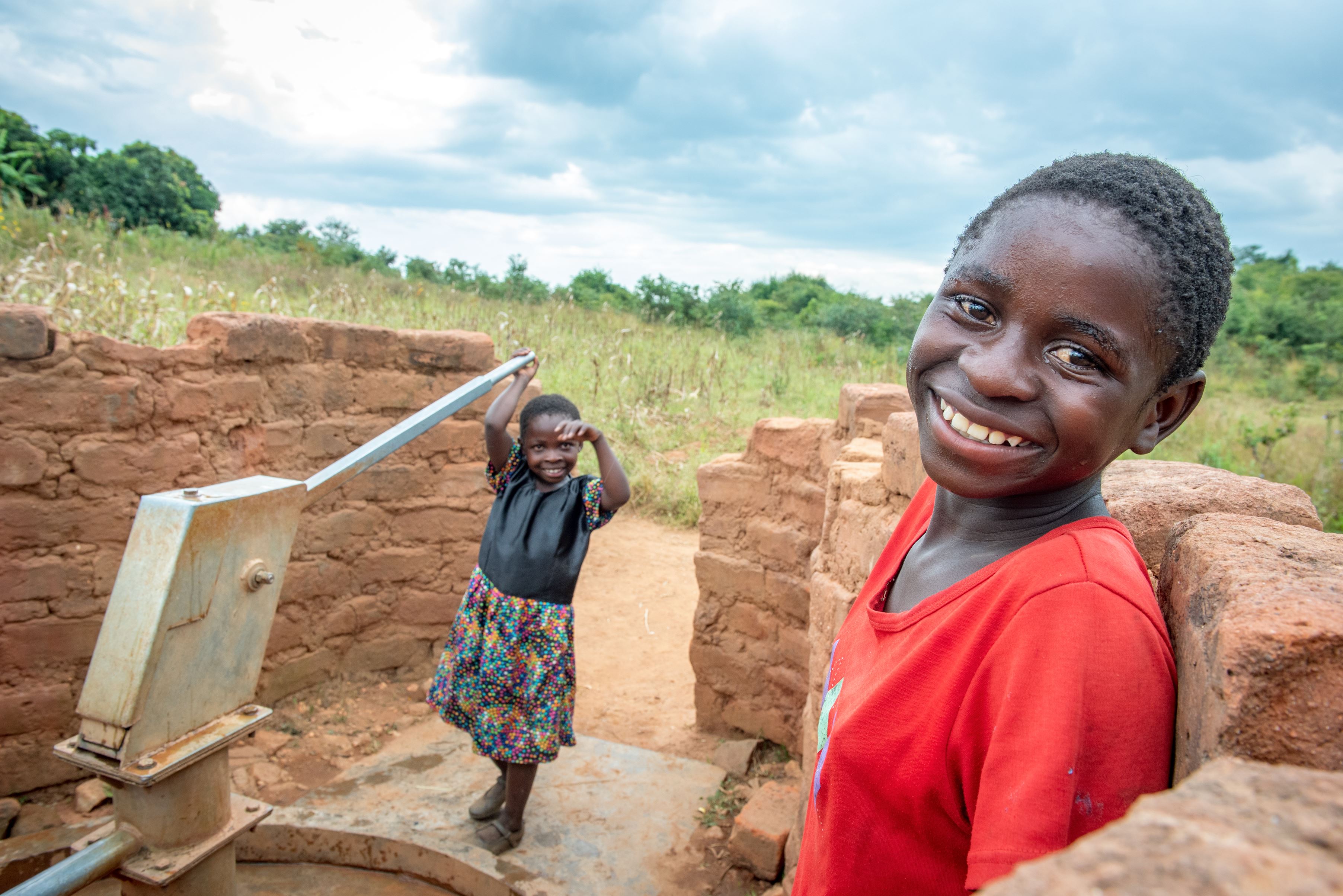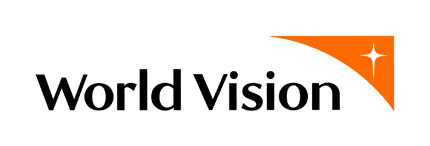
Wash campaign to combat COVID-19
For centuries, water, hygiene and sanitation have been linked to combating the spread of disease, but even today, there is still a critical need to educate people on the link between cleanliness and health.
In 2020, the COVID-19 global pandemic once again revealed the weak points in these vital services across South Africa, which was the rationale behind the launch of the World Vision SA and United Nations Children's Fund (UNICEF) SA newest WASH campaign.
For these two organisations, WASH or Water, Sanitation and Hygiene, are universal rights, and this year, there was an even greater need to assist communities having to do without as the pandemic continued to spread.
Statistics South Africa last year revealed that 11% of South African households still do not have access to reliable sources of drinking water, and 17% without access to improved sanitation. An inability to keep up with general hygiene practices has been a major concern across the globe this year, with the World Health Organisation repeatedly saying that hand-washing hygiene is crucial in stopping the spread of the disease.
Pontsho K Segwai, Child Protection Technical Manager at World Vision South Africa and lead on the newest WASH initiative, explained that over the past year, more than 9 000 wash kits were distributed between 4 sites across 2 provinces – the Free State and Gauteng. These life-saving care packages contained santisers, detergents, soap, masks and other equipment to help combat the spread of COVID-19.
This distribution was set to continue into the next year, she said, as more provinces, their governments and community-based organisations (CBOs) came on board.
“But it couldn’t just be about donations, most important was expressing – through community dialogue – why these kits could help stop the spread of the pandemic,” said Segwai.
To do this, World Vision used its community networks to find CBOs and volunteers that could help spread the message of how to slow the spread of COVID-19, and answer the questions that people within these communities had. The sessions also promoted social distancing in public spaces, such as taxi ranks and crowded outdoor areas within these settlements.
“There were gaps in people’s knowledge, but also stigma around people who had contracted the disease. The entire point of these conversations through CBOs was to educate people on how to change their behaviour, but also to help destigmatise the people who may have had it,” said Segwai.
The WASH project has also seen the installation of Wash Stations at some of the sites – with more on the way – to allow hundreds of people to sanitise in safe spaces in their communities.
“Something as simple as keeping your hands clean can help immensely in spreading the virus, and many of us take that for granted,” said Segwai.
She warned of how the upcoming festive season, could potentially impact on the number of infections due to an increase in larger public and family gatherings.
“It’s so important that even though we’ve already been going through this together for the past year, we have to be careful and not let down our guard,” she said, calling on South Africans to do their best to limit the spread of the virus.
While the project, the messaging and the distribution of wash kits, was initially only going to continue until September, it has been extended.
“Right now, we are aiming to continue until the end of March (2021), and we are going to be focusing on helping to provide COVID messaging to schoolchildren as they return to school early next year,” she said.
